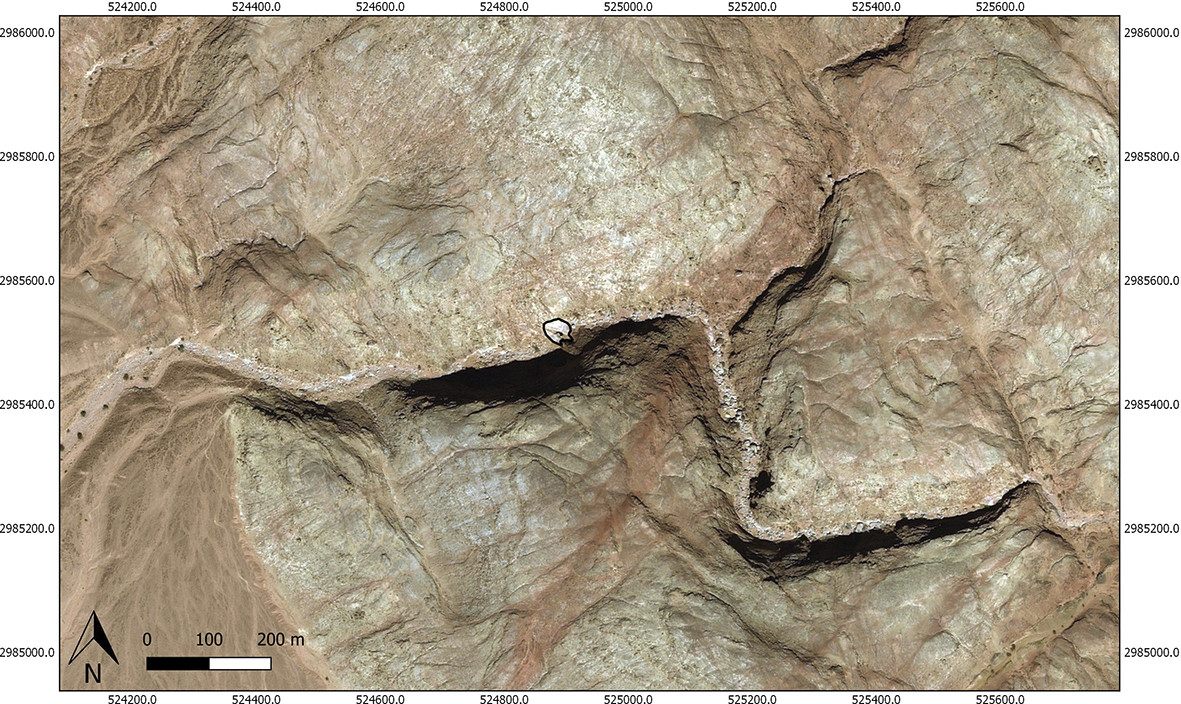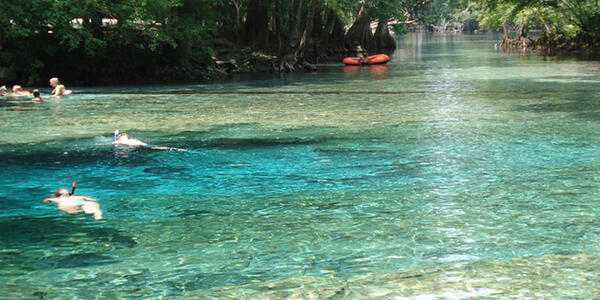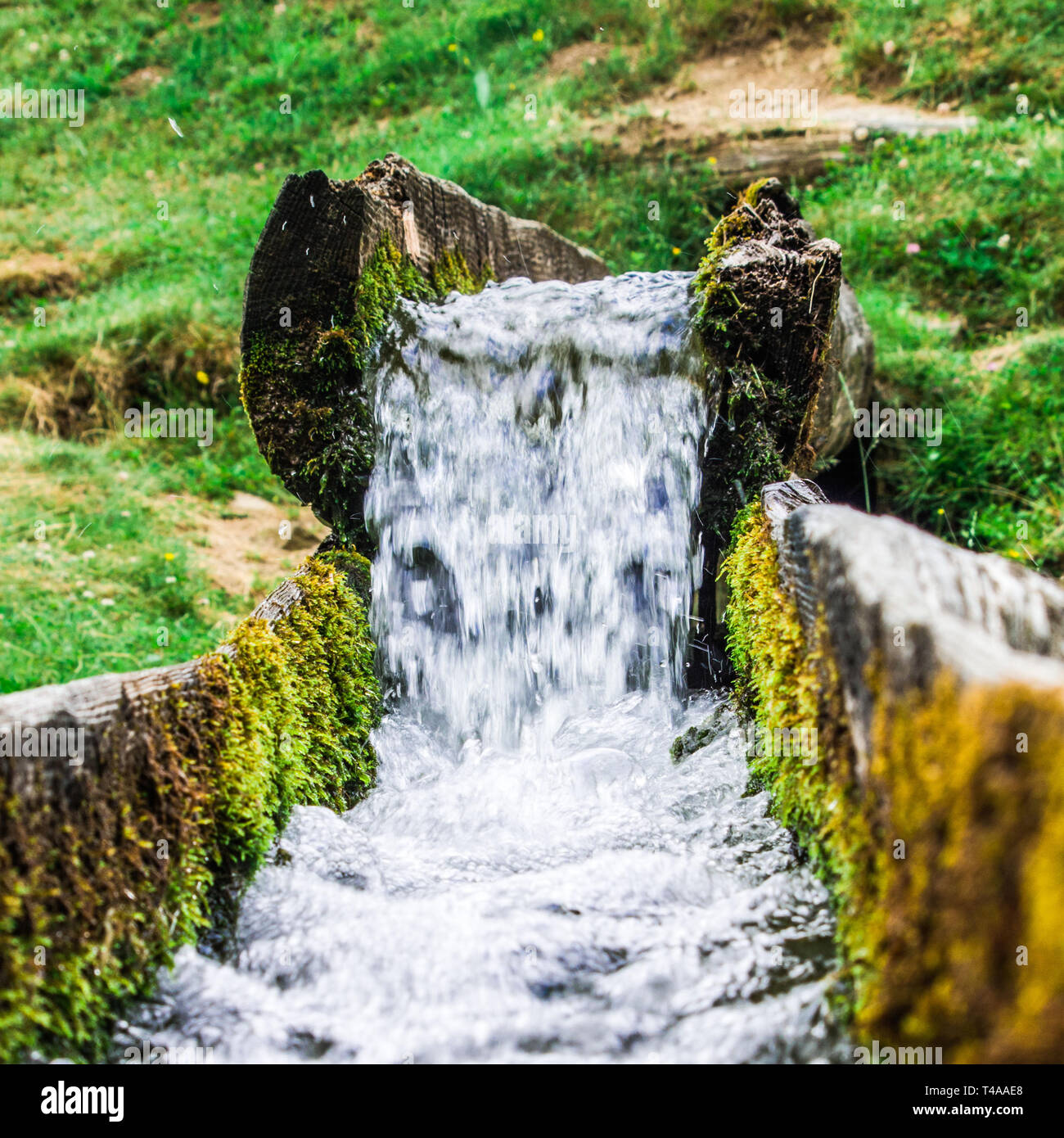Water Sources and Management While Camping with Horses

Camping with horses requires careful planning, especially when it comes to water. Ensuring your horse stays hydrated and has access to clean, safe water is crucial for their health and performance. This article explores various water sources, management strategies, and best practices to keep your horse healthy during your camping adventure.
Common Water Sources for Horses While Camping

| Water Source | Description | Pros | Cons |
|---|---|---|---|
| Natural Streams | Rivers, creeks, and brooks found in nature | Readily available, natural | May contain contaminants, variable flow |
| Lakes and Ponds | Still water bodies in camping areas | Abundant, easy access | Risk of algae, stagnant water, parasites |
| Man-made Water Troughs | Installed at campsites or trails | Clean, controlled source | May be limited or unavailable in remote areas |
| Portable Water Containers | Buckets, collapsible tanks brought by campers | Portable, controlled quality | Requires carrying and refilling effort |
Managing Water for Horses
Hydration Needs
- Horses typically require 5 to 10 gallons of water daily, depending on size, activity, and weather.
- Monitor your horse’s water intake closely, especially in hot or dry conditions.
Water Quality Considerations
- Avoid water sources with visible contamination, algae blooms, or strong odors.
- If unsure, use water purification methods such as boiling, filtration, or chemical treatments.
Practical Tips for Water Management
- Always carry extra water for your horse, especially in remote areas.
- Use portable water containers to ensure a reliable supply.
- Set up water stations near your campsite for easy access.
- Regularly clean water troughs or buckets to prevent bacterial growth.
Environmental and Safety Considerations
- Be mindful of local regulations regarding water use and conservation.
- Avoid disturbing natural water sources to protect ecosystems.
- Ensure your horse drinks from safe, uncontaminated water to prevent illness.
Frequently Asked Questions (FAQ)
Q1: How can I tell if a natural water source is safe for my horse?
A1: Look for clear, flowing water without strong odors or visible algae. Avoid stagnant or murky water. When in doubt, treat the water before use.
Q2: How much water should I bring for my horse on a camping trip?
A2: Plan for at least 5 to 10 gallons per day per horse, plus extra for emergencies or hot weather.
Q3: Can horses drink from any natural water source?
A3: Not all natural sources are safe. Avoid water with signs of contamination, algae, or parasites.
Q4: What are the best methods to purify water for horses?
A4: Boiling, filtration, and chemical treatments like iodine or chlorine tablets are effective.
Conclusion
Proper water management is essential when camping with horses. By understanding available water sources, monitoring hydration, and ensuring water quality, you can keep your horse healthy and comfortable throughout your outdoor adventure. Always prepare ahead and respect the environment to make your camping experience enjoyable and safe for both you and your horse.
